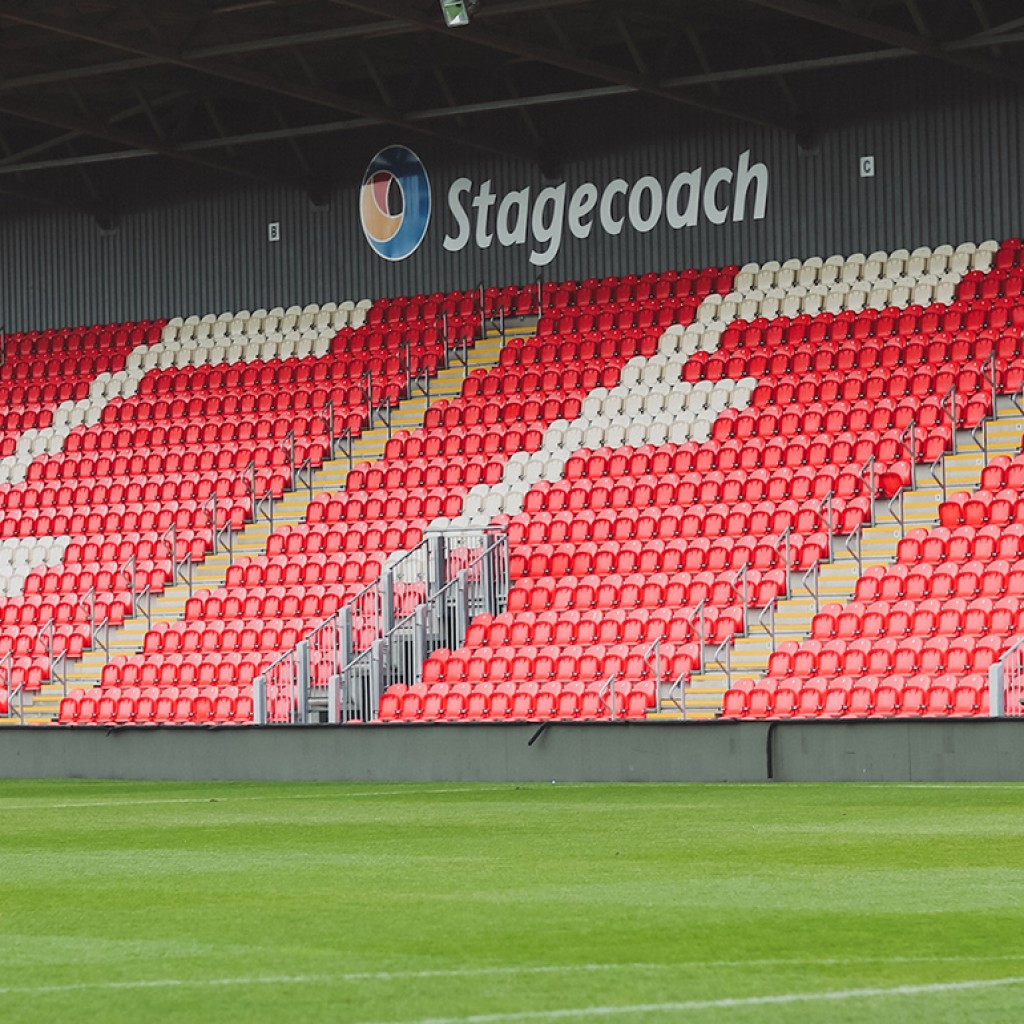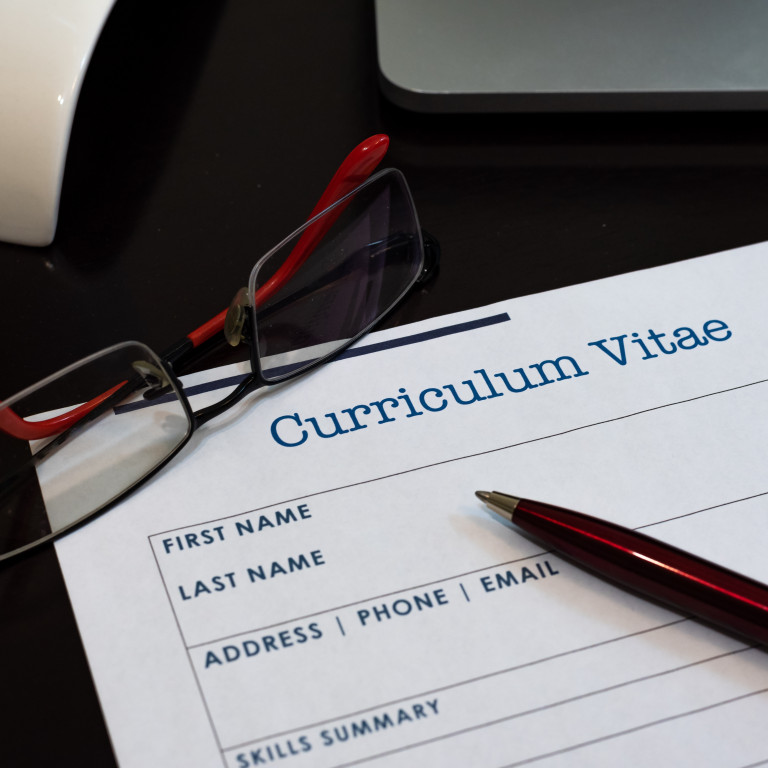Employers must tackle their game plan before kick-off to manage Euro 2020 expectation
The belated 2020 Euros are about to kick-off in Rome. After the success of Wales in the last tournament, and with Scotland and England battling it out in the same group, the tournament may well cause disruption to your business with games scheduled to take place almost daily between 11 June and 11 July 2021.

Time off
Employees who want to take time off should book annual leave in the usual way. If an employee requests unpaid time off to watch the game, you are under no obligation to allow this (subject to anything to the contrary in your own policies or procedures). Any requests can be granted or refused at your discretion.
It is advisable to monitor levels of attendance during this period with a clear warning to employees that any unauthorised absence or patterns in absence could result in formal proceedings. This could include the monitoring of high levels of sickness, late attendance or lower levels of performance at work due to post match celebrations. This will be particularly difficult to monitor where your employees are still primarily working from home.
You should ensure your sickness absence procedures are up-to-date, that everyone knows the formal process to be followed and what will happen if there is an unauthorised absence. Once the tournament is underway, if you think that an employee has taken time off to see a match, it is worth making sure that back-to-work interviews are undertaken and the reason for absence investigated. There may have been a legitimate reason, but showing that any absence will be checked shows the focus is on, and may help to see off, subsequent absences among the workforce.
Flexible working
You may want to consider allowing requests for flexible working on a temporary basis, for example allowing employees to leave early to watch the game by making the time up over lunch or starting work earlier than normal. If you choose to do this you should be clear that this is only a temporary arrangement and that you will consider granting a request at your absolute discretion.
You will also need to ensure that you do not breach your legal obligations in respect of rest breaks at work. Under the Working Time Regulations workers are entitled to a rest break of 20 minutes when working more than six hours. As such you should monitor staff working hours during this period to ensure that, if making up time to leave early, staff can still take the minimum daily rest breaks.
Internet use at work
During the Euros, there may be an increase in staff using social networking sites, sports news websites or official sporting events pages on the internet.
Employers may wish to remind staff of any policies regarding the use of social networking and websites during working hours. The policies should be clear on what is and is not acceptable web use. Many employees will have smartphones on which they can watch games so if you have previously only considered the use of company equipment in your internet policy, now is the time to make it clear what happens if someone is making personal use of the internet during working hours on their own equipment.
Conflict at work
Some people may like to participate in a drink or two while watching a match. However, employees should be warned that coming to work under the influence of alcohol or being caught drinking during working hours could result in disciplinary procedures. It is advisable to have guidelines in place which clearly set out what is acceptable in the workplace concerning alcohol. For example, a no alcohol policy.
There is also the chance that ill-considered comments fuelled by nationality or race may give rise to offence. As the employer, you could be liable for the actions of your employees and you could find yourself on the receiving end of a discrimination claim. You should ensure that your policies cover equal opportunities and non-harassment with a clear warning that disciplinary procedures will apply to anyone who shows inappropriate behaviour with colleagues on grounds of nationality or race.
Tozers top tips for employers
- Review the relevant policies and check that you satisfied these are fit for purpose.
- Remind employees of your expectations with regards conduct and attendance at work during the Euros.
- Apply a fair and consistent approach with all employees when allowing additional benefits, such as flexible working, during the Euros.
Find out more
For further advice or for help drafting or reviewing your current policies and procedures contact our specialist employment team.






